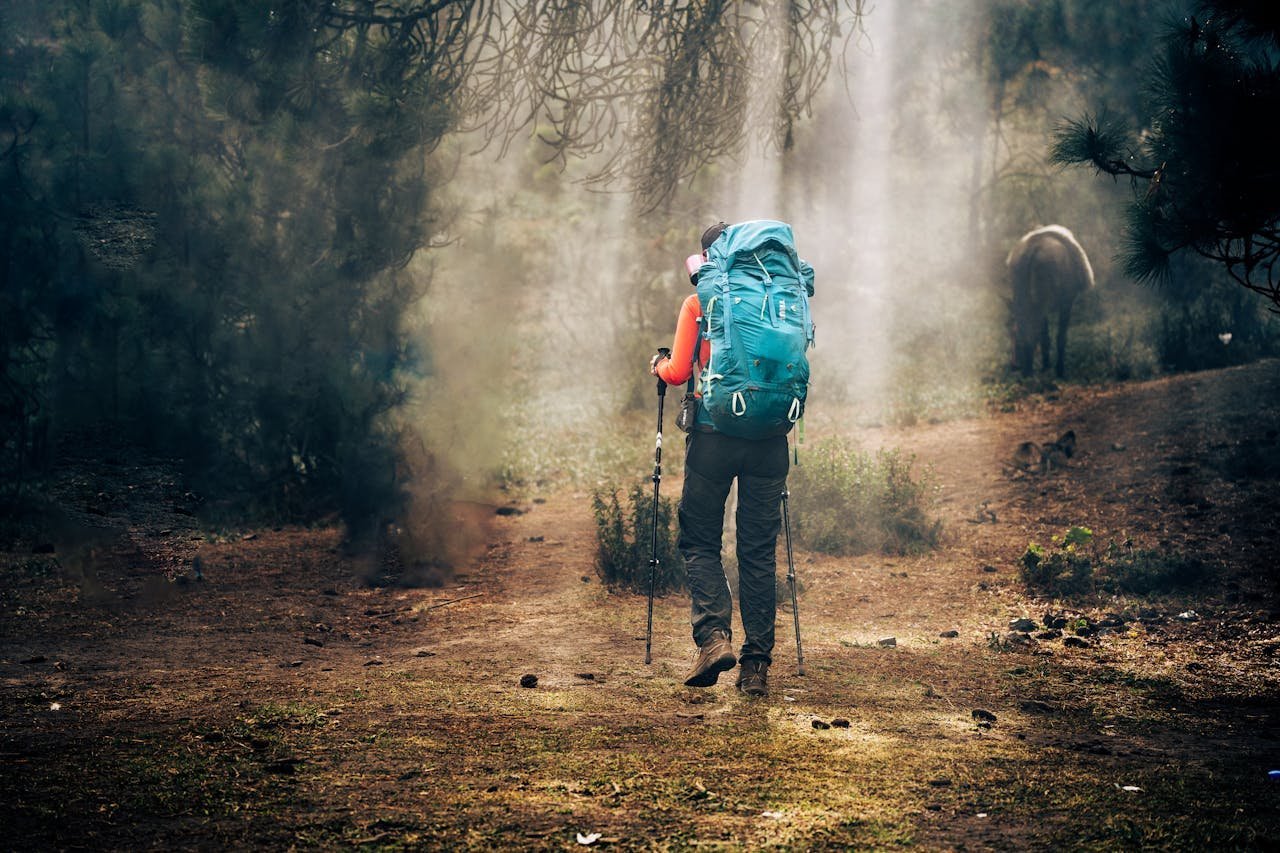In recent years, solo travel has gained remarkable popularity, as more individuals seek to explore the world on their own terms. This trend reflects a growing desire for self-discovery, independence, and personal growth. Whether it’s hiking through the lush landscapes of Patagonia, wandering the ancient streets of Rome, or experiencing the vibrant cultures of Southeast Asia, independent explorers are embarking on transformative journeys that empower them to connect with themselves and the world around them.
One of the most compelling aspects of solo travel is the freedom it offers. Travelers can create their own itineraries, choose their destinations, and set their own pace without the need to accommodate the preferences of others. This autonomy allows for spontaneous adventures, whether that means extending a stay in a beautiful location or altering plans based on new interests that arise during the journey. Moreover, solo travel encourages individuals to step out of their comfort zones, fostering resilience and self-confidence as they navigate unfamiliar environments and cultures.
Safety concerns often loom large for those considering solo travel, particularly for women. However, many travelers report that the benefits far outweigh the risks. With proper research and planning, solo travelers can enhance their safety while still enjoying rich experiences. Cities around the globe have become increasingly aware of the needs of solo travelers, offering services and accommodations that cater specifically to them, such as female-only hostels and guided tours designed for individuals. Furthermore, the rise of travel apps and online communities has made it easier than ever for solo travelers to share their experiences, find support, and connect with others along their journey.
In addition to personal empowerment, solo travel fosters cultural exchange and connection with locals. Independent travelers often find themselves more open to engaging with the communities they visit, leading to authentic interactions and meaningful experiences. These connections can provide unique insights into local traditions, cuisine, and ways of life that might be missed in more conventional group tours. Such interactions enrich the travel experience, making it more memorable and impactful. Many solo travelers return home with not just photographs, but also stories and friendships that transcend borders.

As the world continues to recover from the pandemic, the spirit of solo travel is set to flourish even more. Destinations that promote sustainable and responsible tourism are gaining traction among independent explorers, as they seek to make a positive impact on the places they visit. This shift not only benefits local economies but also encourages a deeper understanding of global issues, fostering a sense of responsibility among travelers. With a wealth of resources and communities available to support them, the journey of solo travelers promises to inspire future generations of independent explorers eager to embark on their own transformative adventures.
In conclusion, solo travel is not merely a trend; it represents a profound shift in how people engage with the world. It empowers individuals to explore their interests, confront challenges, and forge connections with people and places far from home. As more adventurers choose to journey alone, the landscape of travel will continue to evolve, celebrating the spirit of independence and the power of personal discovery.


















